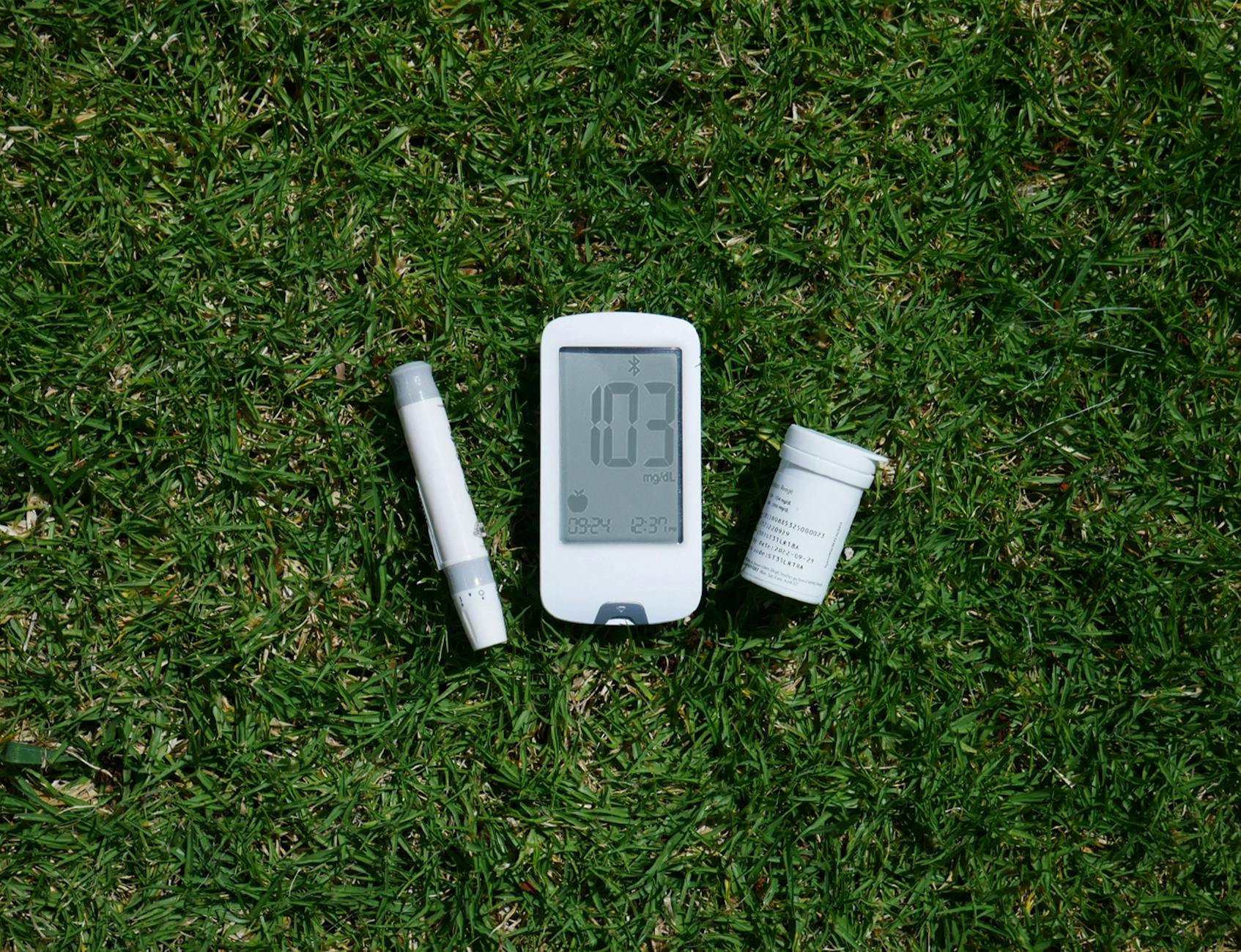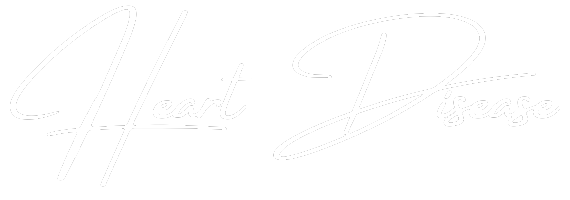
You think your blood pressure is just a number
It starts during a routine check.
Your blood pressure seems a little high.
You nod, agree to monitor it.
There’s no urgency in your doctor’s voice.
You feel fine, so you don’t worry.
Another appointment comes and goes.
The number rises slowly, almost invisibly.
Life continues, unchanged.
No symptoms. No pain. No warning.
But blood pressure doesn’t stay still.
It rises quietly.
And when it does, it changes everything beneath the surface.
The heart doesn’t like being pushed this hard for this long
When pressure stays high, the heart adjusts.
It thickens.
It strengthens its muscle to fight the force.
At first, it seems helpful.
A stronger heart, working harder.
But that strength comes at a cost.
The walls of the heart become stiff.
The chambers lose flexibility.
Pumping gets harder.
Filling gets harder.
And gradually, the heart begins to fail at its own rhythm.
You won’t feel the shift right away
Most people don’t.
It takes time.
Months. Years.
Sometimes decades.
But changes happen, even when you’re unaware.
The muscle works harder day after day.
And like anything overworked, it begins to break down.
But quietly.
There’s no dramatic drop.
Just a slow decline, hidden under daily routine.
Breathing becomes harder, but it sneaks up on you
You notice it while walking.
Stairs that once felt simple now take longer.
You pause to catch your breath.
At first, it feels like a one-off.
Too little sleep.
Too much coffee.
But it happens again.
Then again.
You breathe heavier at night.
You wake up tired.
You start avoiding the things that make it worse.
You’re not lazy—you’re tired in a different way
This kind of fatigue doesn’t go away with rest.
It doesn’t care how early you sleep.
The tiredness stays.
Even when you cancel plans.
Even when you skip the gym.
Your body is asking for something else entirely.
It’s asking for relief.
From pressure.
From the force your heart fights every single day.
Swelling doesn’t seem connected at first
Your shoes feel tighter.
Your socks leave deeper marks.
You think maybe it’s the heat.
Maybe salt.
But it continues.
Your ankles don’t look right.
You feel heavier, though your weight hasn’t changed.
It’s not water from outside.
It’s fluid from within.
Backed-up blood.
A tired heart struggling to move what it once did effortlessly.
The numbers aren’t just numbers anymore
It used to be about 130 over 80.
Now it’s 145.
Then 150.
The digits rise gradually.
You promise to do better.
Drink more water.
Exercise more.
Take the pill on time.
But life gets in the way.
Numbers become background noise.
Until your body stops letting you ignore them.
The pressure starts affecting everything else too
It’s not just the heart.
The kidneys start feeling it.
The brain does too.
Blood vessels stiffen.
Circulation slows.
The entire system starts shifting.
Not all at once.
But enough to matter.
Enough to change how you feel every day.
Even if you don’t understand why it feels different.
You might not even know you have heart failure yet
The name sounds extreme.
You think you’d know.
But it doesn’t always start that way.
It begins as breathlessness.
Swelling.
Fatigue.
Sleep that never feels enough.
You tell yourself it’s aging.
You tell your doctor it’s nothing.
But heart failure is often slow before it’s loud.
And by the time it’s loud, it’s harder to reverse.
Blood pressure medications aren’t just about control
They aren’t about reaching a perfect number.
They’re about protection.
They lower the pressure your heart fights.
They give your heart space to breathe.
They slow the damage.
They can prevent the muscle from thickening too much.
They keep things softer.
More flexible.
More forgiving.
But only if you take them.
Only if you stay consistent.
Lifestyle changes matter, but they’re not magic
Walking helps.
Less salt helps.
More water helps.
Sleep, weight, stress—they all help.
But they don’t erase years of pressure.
They support your heart in its fight.
They buy you time.
They prevent the next phase.
But they work best alongside medical care.
Together.
Not instead.
Sometimes, you only notice when it’s already happened
You go to the hospital for shortness of breath.
They check your lungs.
Then your heart.
Then they mention the phrase.
Heart failure.
You freeze.
It sounds final.
But it’s not always that.
It means your heart is behind.
It’s slower.
Weaker.
But not done.
You start thinking about all the signs you missed
The tiredness.
The swelling.
The heaviness.
They weren’t random.
They were connected.
But no one told you what to look for.
Or maybe they did,
but the signs didn’t seem serious enough.
You weren’t coughing blood.
You weren’t fainting.
So you waited.
People live with heart failure every day
It’s not the end.
But it changes things.
You take new medication.
You monitor weight daily.
You cut salt carefully.
You walk slower.
You sleep upright sometimes.
You listen to your body more than ever.
Every change matters now.
Because your heart notices everything.
You can’t undo years of pressure, but you can stop adding to it
The damage isn’t always reversible.
But it doesn’t have to get worse.
Small changes help.
Medication helps.
Showing up to appointments matters.
Your heart has limits.
But it also has memory.
It remembers when you helped it.
It also remembers when you didn’t.
Heart failure from high blood pressure isn’t rare
It happens more than you think.
In people who looked healthy.
In people who felt fine.
It builds slowly.
It disguises itself.
By the time it’s named,
it’s often been there for years.
But naming it matters.
Because you can’t fix what you haven’t recognized.
The real danger is not feeling anything at all
No chest pain.
No collapse.
Just numbers.
Just quiet symptoms that are easy to ignore.
That’s the space where damage lives.
In the silence.
In the “not that bad” moments.
That’s when high blood pressure does its real work.
And by the time it’s loud, it’s already done so much.
